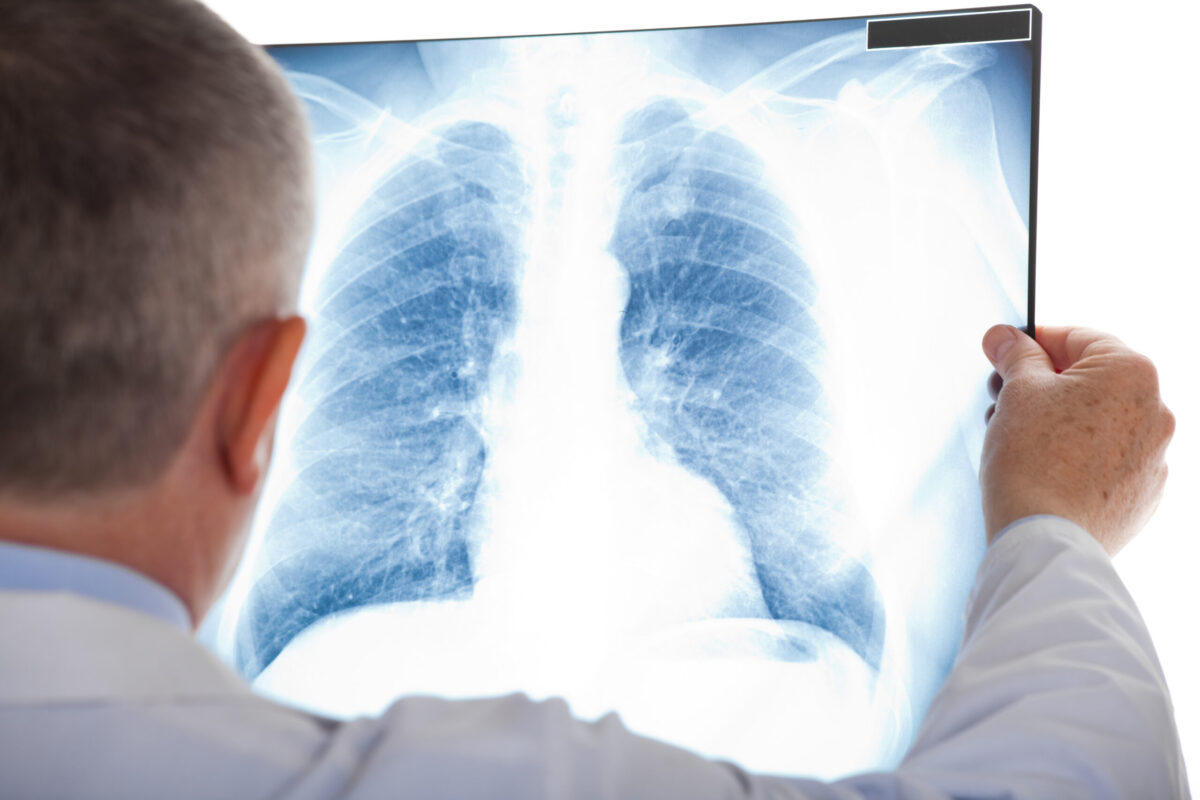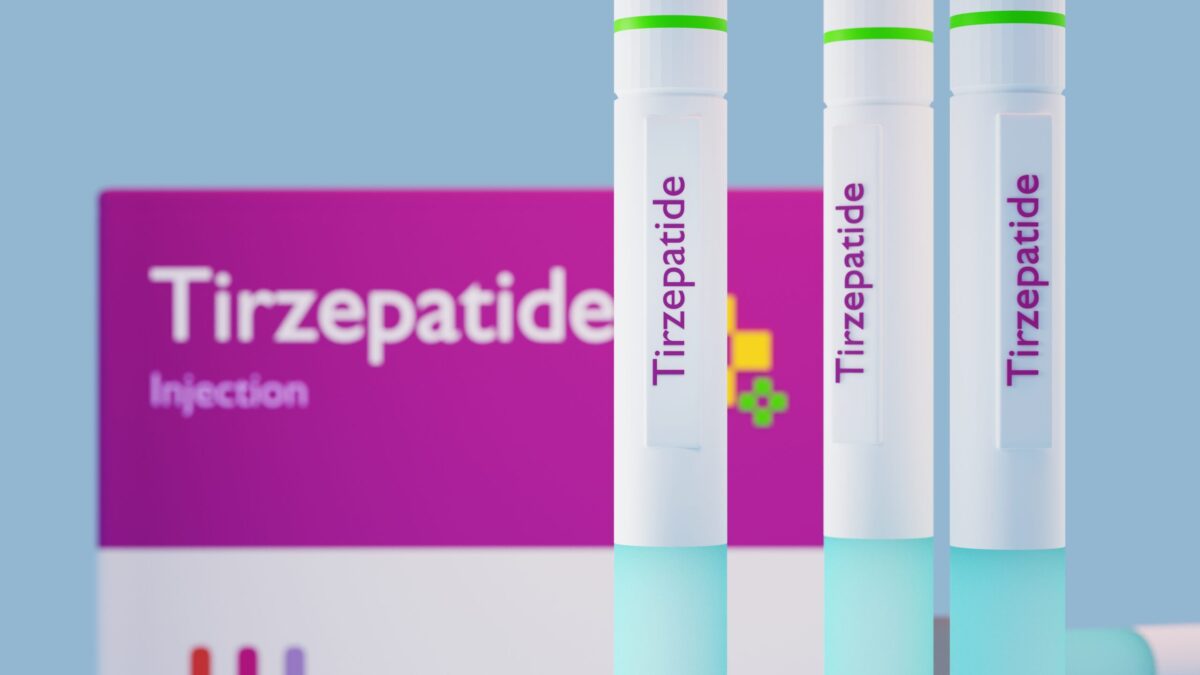3-D printing software developer, Materialise, has announced it will be expanding its medical 3-D printing unit by partnering with startup, Tissue Regeneration Systems (TRS) to manufacture and test 3-D printed bioresorbable tracheal splints. The Belgium-based Materialise will also be using technology licensed from the University of Michigan, in order to push the tracheal splints into clinical trials.
TRS was the first company to receive US Food and Drug Administration (FDA) approval for their 3-D printed, bioresorbable skeletal reconstruction implant in 2013. The implant was coated with the company’s Cranial Bone Void Filler and used to repair holes made in the skull during neurosurgery.
In 2014, Johnson & Johnson formed a partnership with TRS in an effort to bulk up the company’s offerings in the 3-D printing space. The new clinical trial will use 3-D printed tracheal splints in order to treat infants diagnosed with tracheobronchomalacia (TBM) – a disease that can cause spontaneous collapse of the patient’s airway.
Approximately 1 in every 2,200 children are affected by TBM. In an effort to increase treatment offerings, the FDA has given the Expanded Access designation for devices designed to treat TBM.
“The collaboration between TRS and Materialise will provide production capacity for the tracheal splint, which will allow the splint to be available to a larger number of infants who are affected with TBM,” said Bryan Crutchfield, the USA managing director for Materialise. Using Materialise’s Mimics Innovation Suite, Glenn Green and Scott Hollister – both professors from the University of Michigan – designed and built tracheal splints based on an individual patient’s anatomy.
It’s expected that a clinical trial testing the splints will begin in 2016, featuring 30 patients at C.S. Mott Children’s Hospital. “It was the possibility to realize 3D-printing enabled medical applications that, in part, motivated me to start Materialise 25 years ago,” said Fried Vancraen, founder and CEO of Materialise. “Today, we are proud to offer an entire range of software and services that can help universities, research centers, medical device companies, and hospitals develop solutions that result in a better and healthier world, such as the treatment developed for children diagnosed with TBM.”
Sources:
- Materialise partners with startup to take 3-D printed bioresorbable tracheal splints into clinical testing – http://www.fiercemedicaldevices.com/story/materialise-partners-startup-take-3-d-printed-bioresorbable-tracheal-splint/2015-12-07












Join or login to leave a comment
JOIN LOGIN